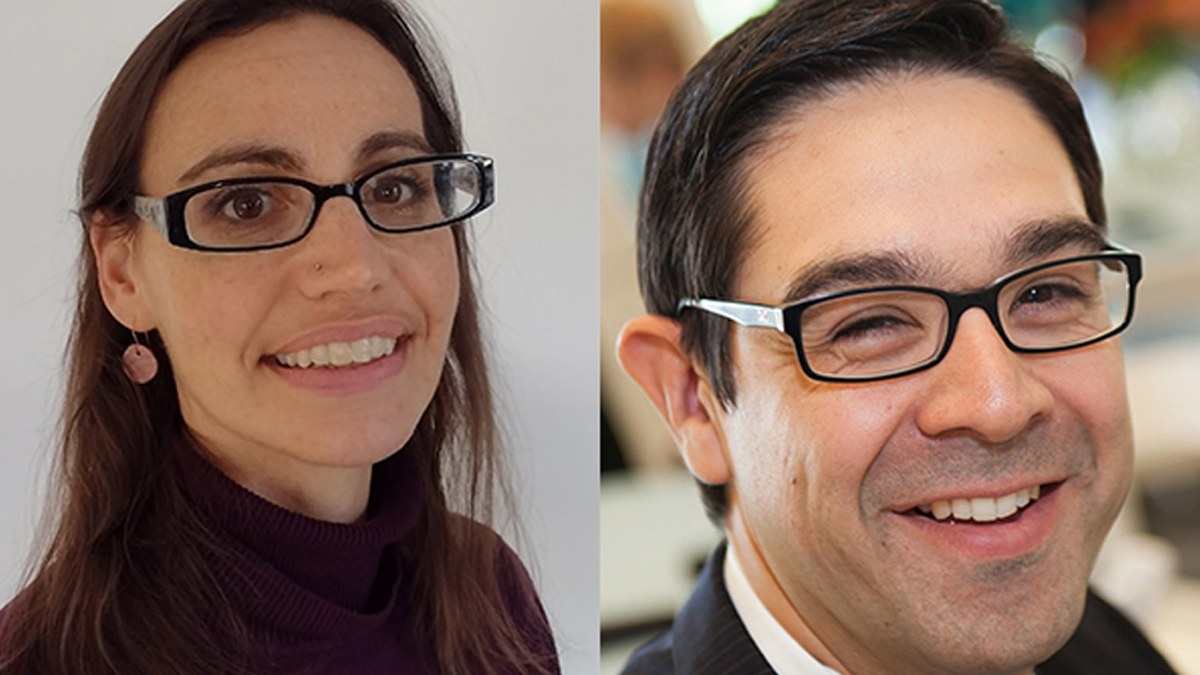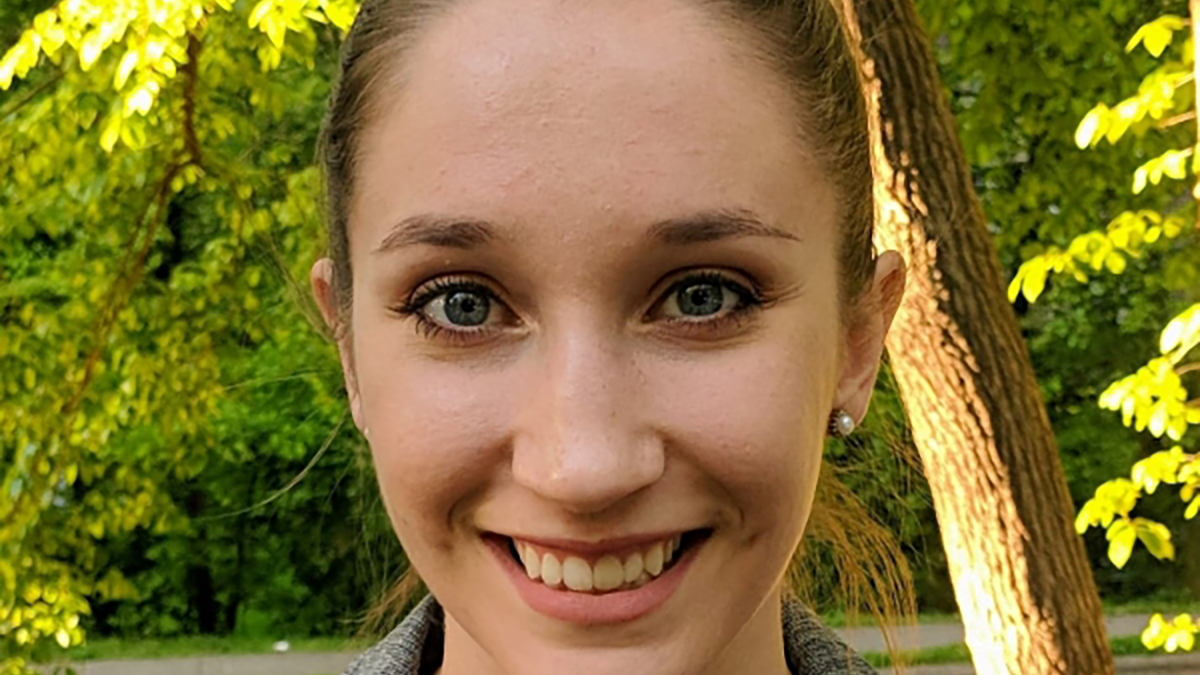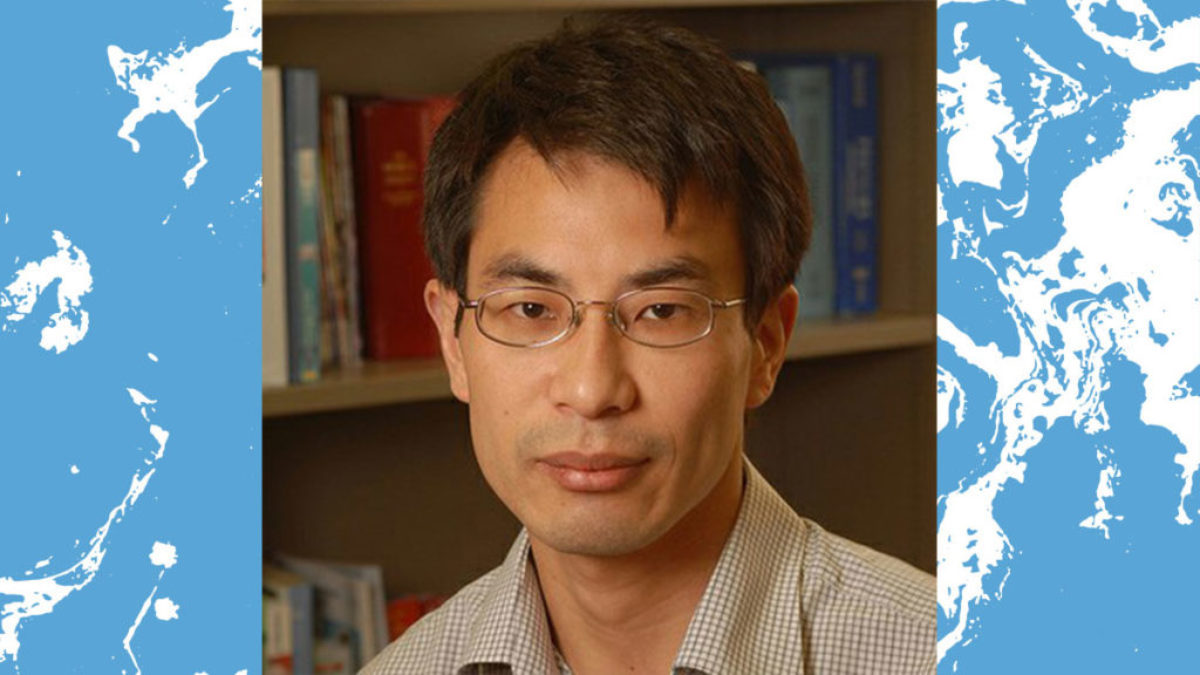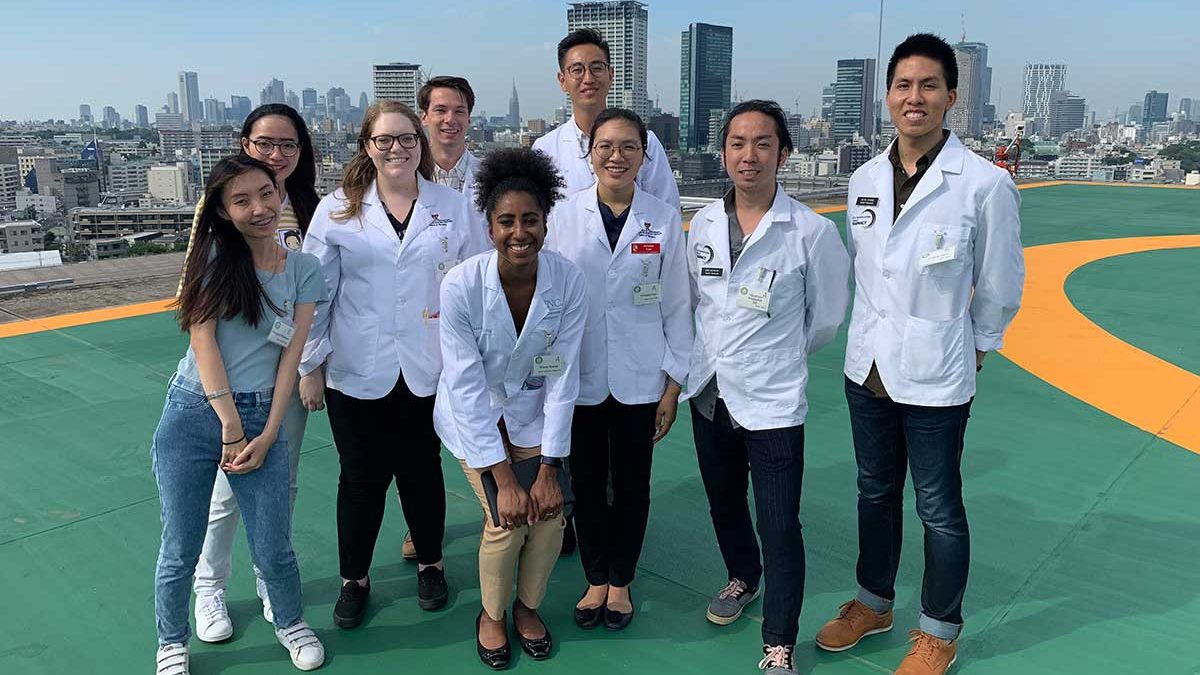Strengthening Diversity, Improving Care
Grants to the UNC Eshelman School of Pharmacy will support diversity and rural care programs.
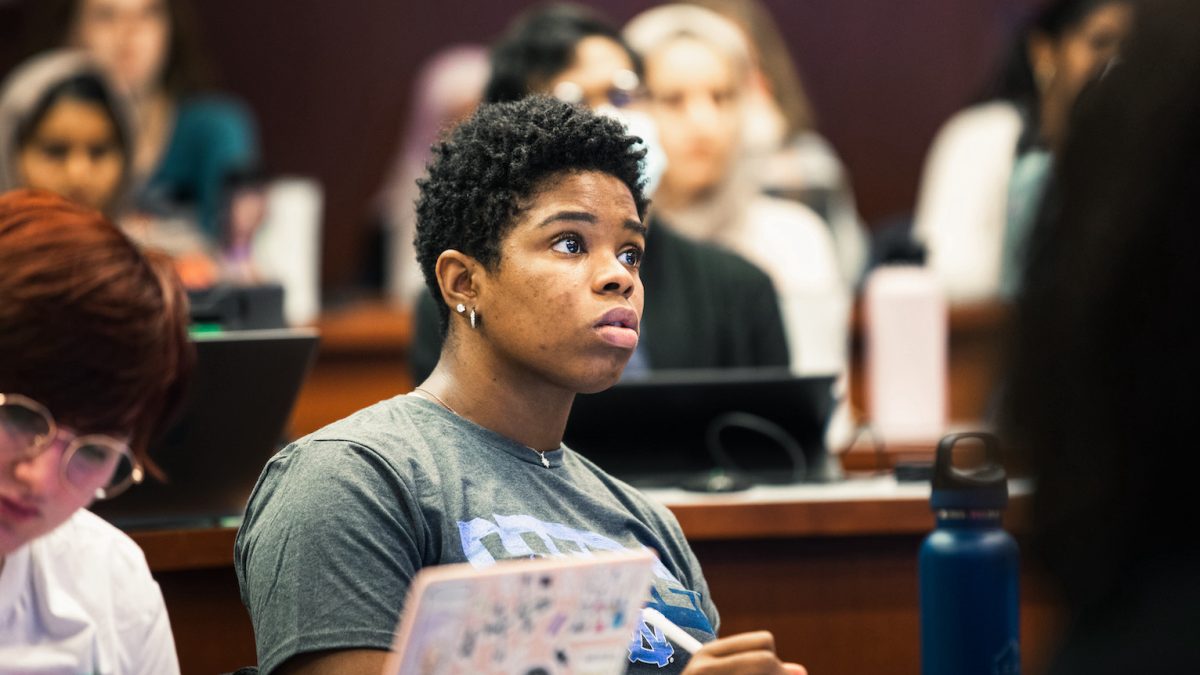
Grants to the UNC Eshelman School of Pharmacy will support diversity and rural care programs.
To help increase the diversity of the pharmacy workforce and improve overall health outcomes for vulnerable populations, the UNC Eshelman School of Pharmacy has announced two grants of more than $1.5 million over three years from the McKesson FoundationOpens in new window. The donations support the creation of two programs to strengthen diversity at the school and to improve access and care for patients in rural and underserved areas of North Carolina.
“The UNC Eshelman School of Pharmacy decided many years ago to make diversifying our workforce and preparing culturally intelligent professionals a strategic priority to best serve patients in North Carolina and beyond,” said Angela Kashuba, dean of the school. “We are thrilled to partner with the McKesson Foundation on this work and look forward to sharing best practices with other partners to create significant impact.”
The school received more than $850,000 to launch the McKesson Leading Excellence, Advancing Diversity (LEAD) program. The program will be led by the school’s Office of Organizational Diversity and Inclusion to build a diverse pharmacy workforce and enable empathetic, high-quality, accessible care for all patients.
Nearly $700,000 was awarded to the school for the McKesson Caring for the Underserved: Creating Awareness and Responsiveness through Education (CARE) program, which will develop a training curriculum to equip students and pharmacists with knowledge and skills to recognize and address health disparities and care for the underserved.
“The innovative student support, professional development, and community outreach that the McKesson Foundation is funding through pharmacy school partnerships, like the one with the UNC Eshelman School of Pharmacy, will help transform patient-pharmacist interactions,” said Melissa Thompson, vice president of philanthropic giving and president of the McKesson Foundation. “We believe these types of partnerships will lead to improved health equity and patient outcomes for vulnerable populations in their respective areas, as well as establish program templates that can be replicated in other locations.”
The McKesson LEAD program will recruit talented students from diverse and underserved communities by building partnerships with historically black colleges and universities (HBCU) throughout North Carolina. The program will establish recruiting pipelines, expand assured admissions policies to students at North Carolina HBCU’s and create mentorship support for admitted students.
Additionally, the LEAD Program will foster cultural intelligence among students and faculty at the school by incorporating topics that address issues such as racism, discrimination, social determinants of health and health equity. Our goal is to partner with the Ackland Art Museum to provide students with an enriched educational experience through the lens of art. Over the course of three years, approximately 450 PharmD students and more than 300 faculty and staff will receive this innovative training.
“The McKesson LEAD program demonstrates a shared value and strategic actions to produce a diverse, inclusive, and culturally intelligent pharmacy workforce,” said Carla White, associate dean of organizational diversity and inclusion at the school. “This program will play a vital role in removing barriers, promoting equity, and increasing access to a range of backgrounds, experiences, and perspectives for our learners, and encourage them to think broadly, deeply, and critically to solve real-world problems.”
The McKesson CARE program will create online learning modules that will educate and train pharmacy students and pharmacists to introduce fundamental concepts, incorporate real-world insights from experts in the field, and utilize case-based scenarios with knowledge assessments to illustrate real-world concepts in caring for patients and populations.
“The challenges our patients face extend well beyond the clinical and medical management of their care,” said Stephanie Kiser, professor of the practice and director of rural health and interprofessional clinical education for the school. “These challenges, sometimes referred to as social determinants of health, — whether financial, access to care, transportation barriers, mental health, health literacy, and more — must be addressed to help patients realize the full benefit of their medications in improving their health. Equipping students and pharmacists with the knowledge and skills to assess and address these challenges is critical.”
The program is designed to reach all 600 pharmacy students at the school as well as pharmacists throughout North Carolina and beyond. The goal is to improve medication-related and health outcomes for patients and populations in underserved and rural areas.
“We must meet patients where they are and take the time to assess and listen to their medication-related and health needs,” said Mary McClurg, professor and executive vice dean-chief academic officer for the school. “Instilling in students and pharmacists the importance of social determinants of health and health disparities and the role they play in achieving high quality care for individuals is an absolutely essential skill. We are grateful for the opportunity to work with patients, community leaders, health professionals, and other experts to develop education and training modules to enhance student and pharmacist knowledge and skills in this important area!”
The UNC Eshelman School of Pharmacy is one of five U.S. pharmacy schools to be awarded a grant from the McKesson Foundation, a 501(c)(3) corporate foundation dedicated to advancing health outcomes for all. To see the full press release announcement from the McKesson Foundation, click hereOpens in new window.
About the UNC Eshelman School of Pharmacy
The UNC Eshelman School of Pharmacy is an internationally recognized leader in pharmacy and pharmaceutical sciences education, pharmaceutical sciences research, and innovation in practice advancement. Ranked as the No. 1 school of pharmacy by U.S. News and World Report, the school has built a reputation nationally and globally for its rigorous education and training programs, progressive pharmacy practices, and cutting-edge multidisciplinary translational research.
Through its Pharm.D., Ph.D. and M.S. degrees, the school prepares the next generation of pharmacists, scientists and educators to care for patients and discover innovative solutions to the world’s most challenging health care issues.
The school’s mission is to develop leaders in pharmacy education, pharmacy practice and pharmaceutical sciences through innovation in teaching, practice and research. The school inspires innovation and fosters bold endeavors that push the boundaries of the field to help people live longer, healthier lives.
About the McKesson Foundation
Founded in 1943, the McKesson Foundation is a 501(c)(3) corporate foundation dedicated to advancing health outcomes for all. It is affiliated with Irving, Texas-based McKesson Corporation, a diversified healthcare services provider. The Foundation’s mission is to remove barriers to quality healthcare across North America, especially for vulnerable and underserved communities. The Foundation works to achieve its mission through partnerships and charitable grants in three core areas: reducing the burden of cancer, diversifying the healthcare talent pipeline, and accelerating emergency preparedness and disaster relief. The Foundation further amplifies its impact in the communities where Team McKesson lives, works and operates by promoting employee volunteerism and bolstering charitable giving. For more information about the McKesson Foundation, click here.

